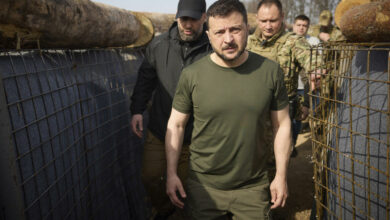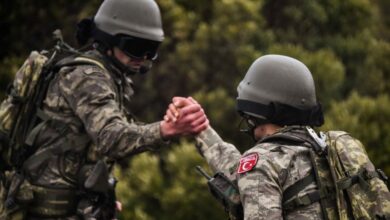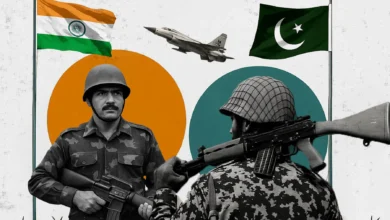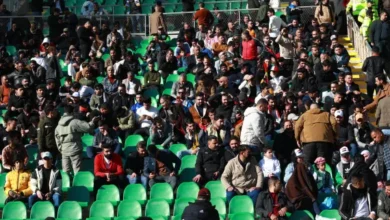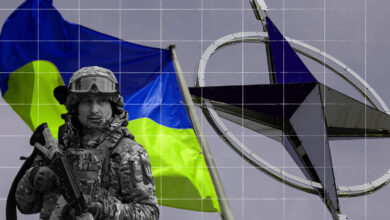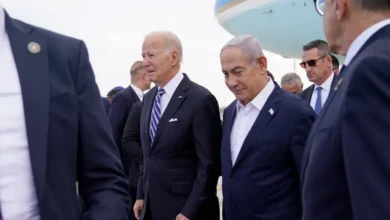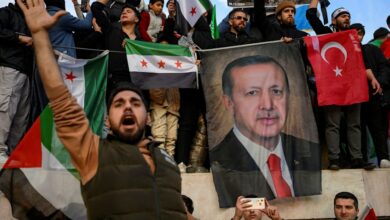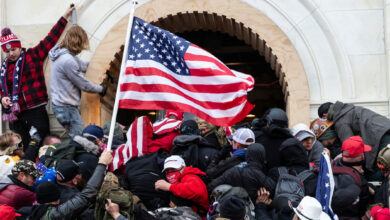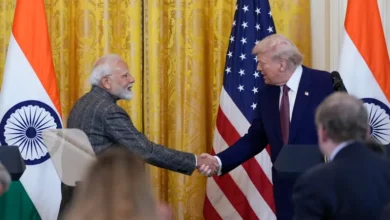Lebanese civilians fleeing Israeli attacks face hardship and exploitation
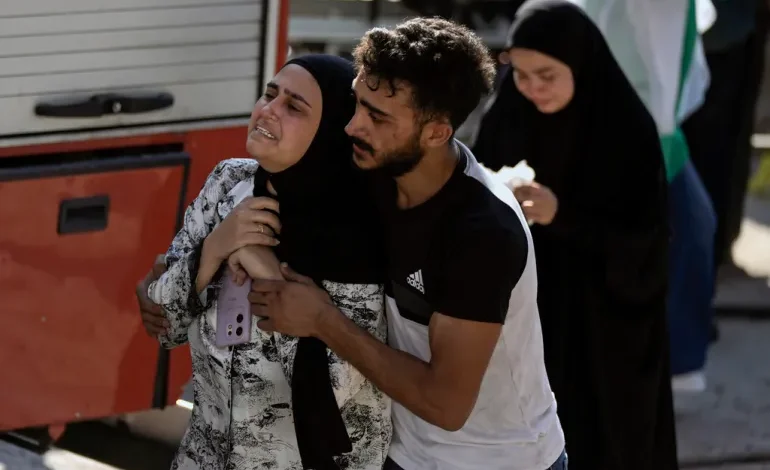
Umm Hassan* says she was ready to die in her home when Israel began carpet bombing south Lebanon earlier this week.
Shrouded in her black abaya, she explains that the “resistance” – a reference to the Lebanese armed group, Hezbollah – ordered her to leave the governorate of Nabatiya with her husband and children, however.
She did as they said, believing that Hezbollah wanted civilians out of harm’s way in order to fight Israel, a country she calls the “Zionist state”.
“The [Zionists] don’t scare us,” she tells Al Jazeera at an elementary school that has been turned into a displacement shelter in Lebanon’s capital Beirut. “[Before we left home], I saw [an Israeli] warplane above me. Warplanes are all over the [skies] in the south.”
As the United States and France ostensibly pressure Israel to avert all out-war with Hezbollah, civilians from south Lebanon say they are already living through catastrophic levels of bombardment.
Since Monday, more than 700 people – men, women and children – have been killed in Israel’s relentless bombing of south Lebanon. That figure amounts to nearly half the number of people killed in Lebanon since Israel and Hezbollah began exchanging fire across the border on October 8, the day after Israel’s war on Gaza began.
Hezbollah initiated the cross-border skirmish in a stated attempt to relieve pressure on Hamas in Gaza, where Israeli forces have killed about 41,000 people and displaced most of the 2.3 million population in the besieged enclave.
Israel’s devastating war on Gaza followed a Hamas-led attack on southern Israel on October 7, in which 1,139 people were killed.
Now, civilians in Lebanon – particularly from the south and other regions controlled by Hezbollah – are bracing for a similar fate as the Palestinians in Gaza, despite ostensible Western efforts to prevent a full-scale war.
Provoking Hezbollah
The US and France are leading international calls for a temporary 21-day ceasefire out of fear that Israel could further escalate its assault on Lebanon.
But Israel’s Prime Minister Benjamin Netanyahu, whose government is accused of committing war crimes and genocide in Gaza, recently said that he refuses a truce.
“Our policy is clear: We’re continuing to strike Hezbollah with all [our] strength, and we won’t stop until we achieve all our objectives – first and foremost the return of northern residents to their homes,” he said, after landing in New York in advance of addressing the UN General Assembly on Friday.
At the Assembly, Netanyahu accused the UN of “anti-Semitism”. The Israeli leader said that singling out his country is “a moral stain on the United Nations”, making the institution “a swamp of anti-Semitism”.
“I say to you, until Israel – until the Jewish state – is treated like other nations, until this anti-Semitic swamp is drained, the UN will be viewed by fair-minded people everywhere as nothing more than a contemptuous farce,” he said.
He also spoke about the arrest warrants issued by the International Criminal Court, a UN body, against him and Israel’s Defence Minister Yoav Gallant, linking the measure to anti-Semitism.
Netanyahu’s statement came after members of his far-right coalition threatened to collapse the government – and possibly Netanyahu’s political career – if a ceasefire were reached with Hezbollah.
Michael Young, an expert on Lebanon at Carnegie Middle East Center, told Al Jazeera that Israel will likely continue bombing mainly Shia-populated regions where Hezbollah governs.
He added that by escalating the conflict, via killing hundreds of civilians and displacing tens of thousands of people, Israel is trying to provoke Hezbollah into retaliating in kind.
Hezbollah has calibrated its attacks to hit Israeli military targets and outposts, to avoid civilian casualties that would give Israel a pretext to wreak further destruction on Lebanon, Young said.
Any scenario in which all of Lebanon is targeted risks deepening the opposition that some communities have towards Hezbollah, he added.
